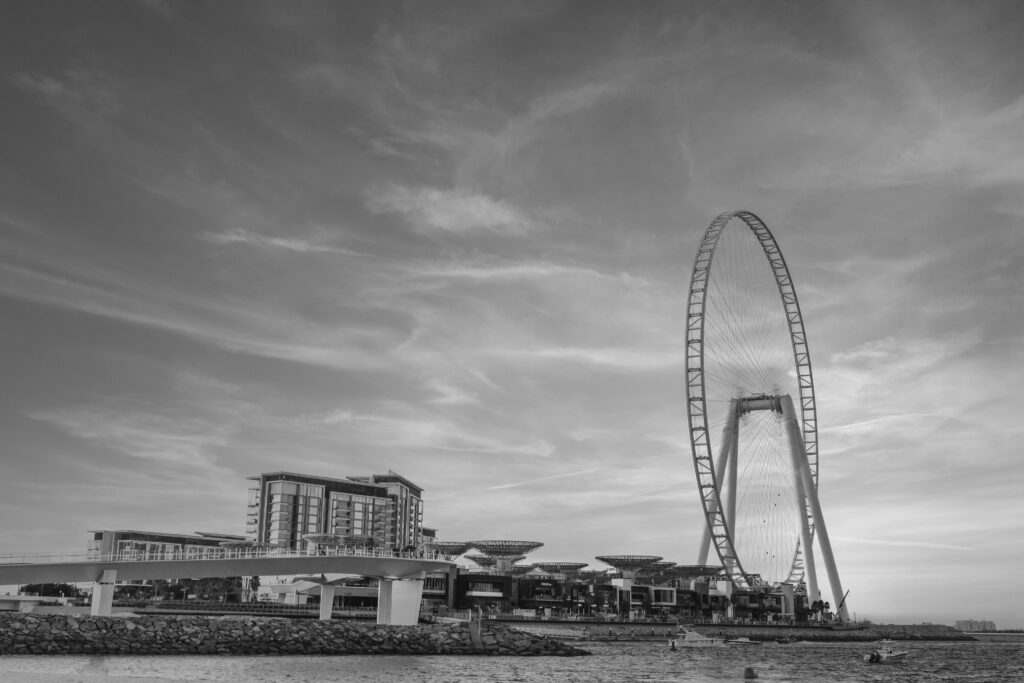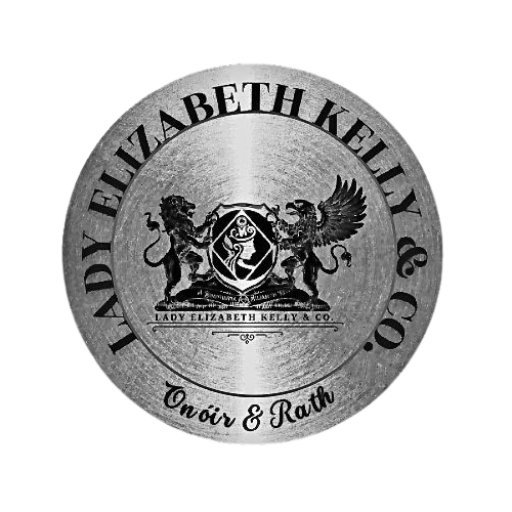
The US has by far the most developed ecosystem for start-ups, with a high concentration of the world’s leading entrepreneurs, talent, and investors in California’s Silicon Valley, New York City, Boston, Los Angeles, and Seattle alone.
London, Berlin, Paris, Amsterdam, and Stockholm, among other cities, are turning out to be the magnets for new businesses in Europe, even though their start-up ecosystems still need more accelerators, incubators, support, and resources.
Not far behind is the UAE, with Dubai and Abu Dhabi leading the start-up revolution in the Middle East and attracting top global entrepreneurial talent to the region.
What makes the US the top global start-up destination among all is its right mix of venture capitalists, incubators, government schemes, and other factors such as cost effectiveness, skilled workforce, etc. A well-developed, growth-oriented ecosystem has helped more than 23,444 new enterprises find their feet in the country in the recent past.
According to the National Venture Capital Association, there are nearly 1,000 VCs and around an equal number of incubators functioning in the country. These provide the start-ups with seed funding, workspace, mentoring, and training to succeed in a highly competitive environment. A staggering 10,800 US companies received venture funding in 2020 alone, with the average amount of capital collected being $450,000.
Though the federal government provides no direct grants to start-ups, it extends financial support to them in the form of loans from Small Business Administration, US Department of Agriculture, Small Business Lending Fund, etc., thus meeting their emerging needs of scaling up of operations and market expansion plans.
Several cities, like Massachusetts, New Orleans, and Albuquerque, among others, are fast emerging as the affordable alternative to the East Coast or Silicon Valley to attract start-ups by offering the right infrastructure, low operational costs, a skilled workforce, and business-friendly rules and regulations.
The next most-favoured destination is Europe, which accounts for almost 36 per cent of all global start-ups and is adding a considerable number of unicorns, which are billion-dollar companies. Of the 99 VC-backed European unicorns, 14 were added in 2019 alone. Despite the fact that Europe produces only 40% of the seed-stage start-ups that the US does, European companies outperform their American counterparts in terms of bankruptcy rates.
However, Europe’s VC ecosystem is growing rapidly with the entry of US investors, who show a greater risk-taking appetite and give more late-stage capital to promising start-ups. Success stories of companies like Delivery Hero, Auto 1, etc., are bringing a cultural change wherein start-ups are encouraged to aim at long-term exponential growth by ignoring short-term profitability.
Giving the US and European start-up ecosystems a run for their money is the business-friendly atmosphere of the UAE. The Emirates, with its supportive government, proactive policies, and concerted efforts, is presenting to the world one of the best-performing ecosystems.
Dubai and Abu Dhabi are particularly on global entrepreneurs’ radars as the federal government is attracting them big time with state-of-the-art infrastructure, relaxed rules and regulations, easy access to funding and regional markets, a diversified talent pool, etc. The UAE’s recent decisions to allow 100 per cent foreign ownership of companies and extend long-term residency permits to tech start-up entrepreneurs have given a major boost to the start-up ecosystem in the country.
Zero corporate taxes, no import or export duties, 100 per cent repatriation of revenues and profits, smoother visa processes for employees, and a reduction of up to 50 per cent in over 1,500 government service fees are also a major draw for those who want to start a new venture.
The World Bank, in its Ease of Doing Business Index 2020, ranked the UAE as the 16th most feasible economy for business regulation and operation. On the criterion of “starting a business”, the UAE was ranked 17th out of the 190 economies. Of the 50 most-funded start-ups named by Forbes, 33 are headquartered in the Emirates. At least 35 per cent of the start-ups in the Middle East are headquartered in the UAE. These new businesses raised over a record $1 billion in investment in 2020 alone.
As a part of its plan to establish a new “non-oil” economy in the next 50 years, the UAE has launched the Entrepreneurial Nation initiative to extend all possible assistance to businessmen to help them set up and expand their businesses in the country. The UAE aims to become home to 20 “unicorns” in the next 10 years. The “Operation 300 billion” industrial strategy is also giving the SME ecosystem in the country a major fillip. The strategy involves setting up 13,500 industrial companies, especially those involved in petrochemicals, plastics, metals, food, healthcare, etc., over the next decade.
The UAE has a lot to do to catch up with the US and Europe’s start-up ecosystems, but it is fast rising through the ranks and positioning itself as the most sought-after global business hub.
